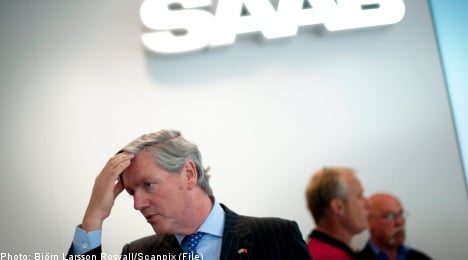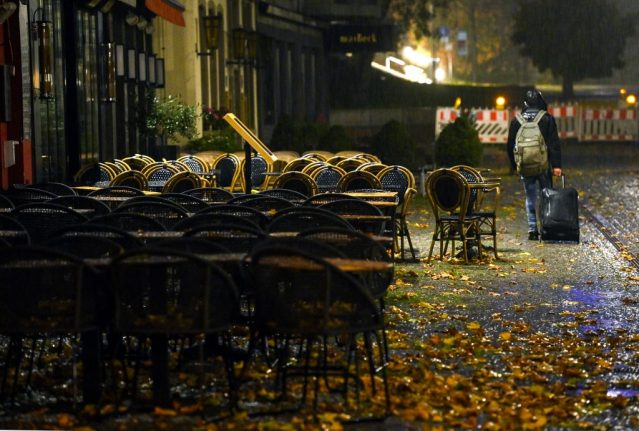“We need a new CEO,” said Paul Åkerlund, chairperson of the local Trollhättan municipal council on Wednesday.
Saab informed white-collar staff on Tuesday that they would not receive their salaries on time this month. According to a report in the Dagens Industri (DI) business daily, the money will be delayed due to the non-payment of a instalment from Bahamas-registered fund Gemini.
Gemini, who stepped in with a last minute loan which allowed Saab Automobile to pay worker wages in June, has reportedly raised doubts over legal issues and securities for its funding, according to DI.
Saab has meanwhile held its silence on the source of the money.
Gemini belongs to the inner circle circulating around the new Saab and are considered to have close ties to Vladimir Antonov, the Russian financier who wants to go in as a major shareholder in Saab, but that has not been approved yet by including the European Investment Bank (EIB).
For Vladimir Antonov, current problems in Saab with wage payments are an “important” issue.
“It is important to manage Saab’s liquidity until the Chinese are approved by the Chinese government,” says Lars Carlström, Antonov’s Swedish spokesperson, referring to the Chinese companies seeking to invest in Saab and thus represents a major financial contribution.
Carlström forecast that a statement from Chinese authorities may arrive in September/October.
“Then Saab’s future is secured,” he argued.
July is the second consecutive month that Saab has had problems meeting salary payments. Last month it affected IF Metall members who were made to wait for their pay packet.
The problem was eventually solved when a loan from the Gemini fund was completed and the money could be deposited into employee accounts.
Despite the problems, the trade union representing many of the out of pocket Saab staff has no plans to take bankruptcy action against Saab.
“No. Not at this juncture. And I don’t thin that Saab is going bankrupt,” said Kenneth Trei at Unionen.
The Swedish government is following events closely.
“Saab is in an awkward situation. The last time they had problems they found a solution, we hope that they do so even this time,” said Johanna Martin, press secretary to enterprise minister Maud Olofsson, to the TT news agency.



 Please whitelist us to continue reading.
Please whitelist us to continue reading.
Member comments